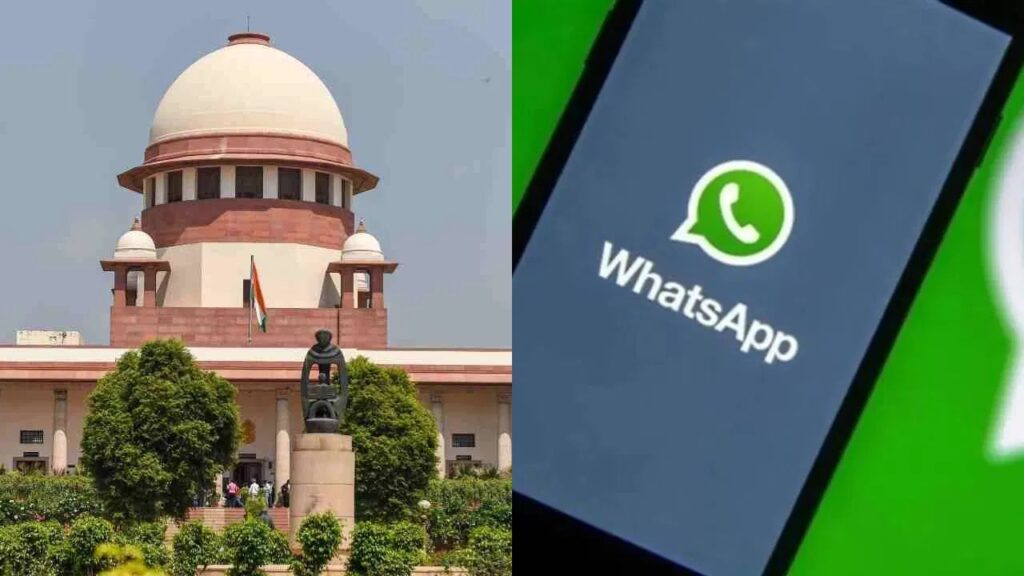
Introduction: The Indian judiciary system is currently facing a significant backlog of cases, with the Supreme Court holding the highest number of pending litigations in the country. To alleviate the challenges associated with case tracking and communication, the Supreme Court has introduced a new service allowing litigants and their advocates to receive real-time updates about their cases via WhatsApp. This innovative approach not only aims to enhance accessibility but also strives to make the legal process more efficient.
WhatsApp Communication for Case Updates
The Supreme Court has launched a WhatsApp number, 87687676, specifically for sharing updates related to pending cases. It is important to note that this number is for receiving automated messages only; calls or personal messages will not be entertained. Chief Justice D.Y. Chandrachud emphasized that this initiative is set to transform daily operations and habits within the judiciary, significantly reducing paper usage in the process. Solicitor General Tushar Mehta has hailed this move as revolutionary for the legal landscape.
Benefits of Using the WhatsApp Number
According to Chief Justice Chandrachud, this WhatsApp service will facilitate improved communication between lawyers and the Supreme Court, allowing even those in remote areas to stay informed about court proceedings. Solicitor General Tushar Mehta reiterated the government’s commitment to enhancing digitalization, ensuring that access to justice becomes more straightforward and efficient for all citizens.
Key Advantages Include:
| Benefit | Description |
|---|---|
| Improved Accessibility | Lawyers can receive updates on their cases from anywhere, enhancing communication. |
| Real-time Information | Automated messages notify lawyers about case filings and hearing schedules instantly. |
| Sustainability | Reduces reliance on paper, promoting a greener approach to legal processes. |
How to Obtain the Case Lists?
Chief Justice Chandrachud, who presides over the Supreme Court bench, explained that lawyers can now expect automated messages about the status of case filings directly to their Mobile devices. Furthermore, they will also have access to daily cause lists, which outline the cases scheduled for that day’s hearings. This feature will greatly streamline the process of managing court dates and case related information.
Conclusion
The introduction of the WhatsApp service by the Supreme Court represents a monumental shift in how legal information is shared and managed in India. While it enhances the accessibility and efficiency of the judiciary, it also aligns with the broader goal of digitalization in the government, ensuring that every citizen can access justice easily and transparently. As this initiative evolves, it has the potential to bridge the gap between the legal system and the public, fostering greater trust and responsiveness in the judiciary.
